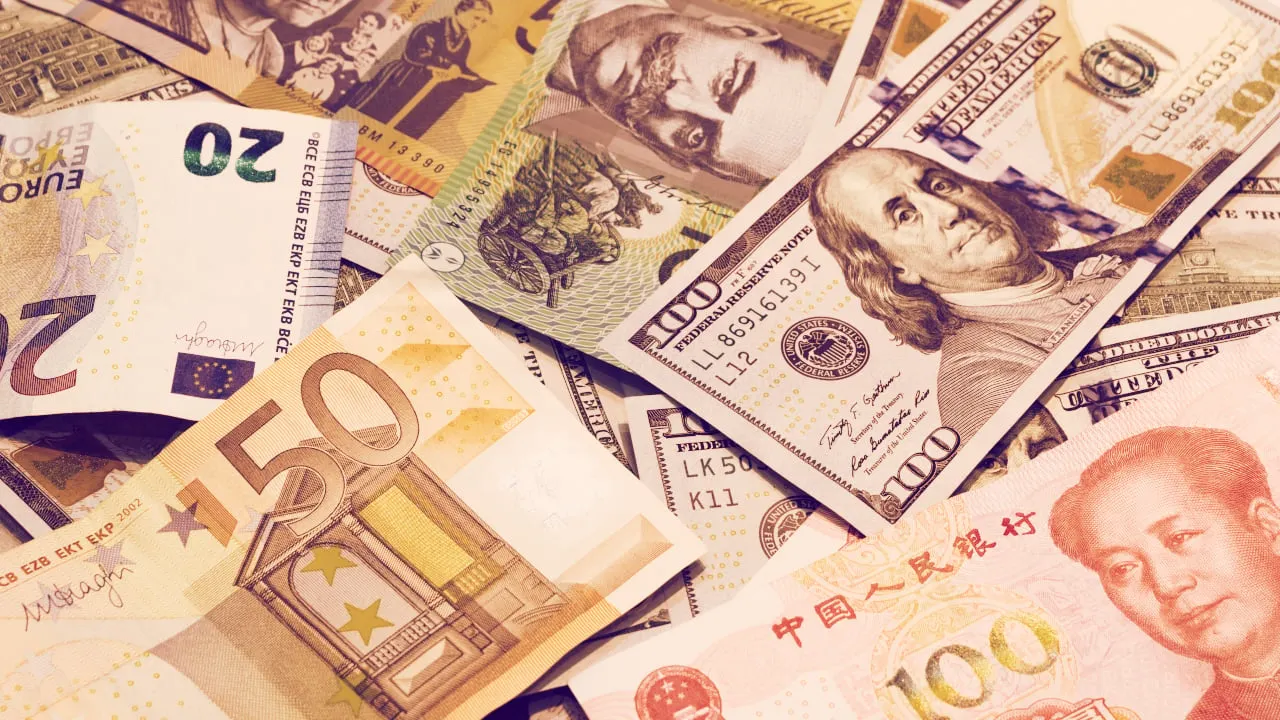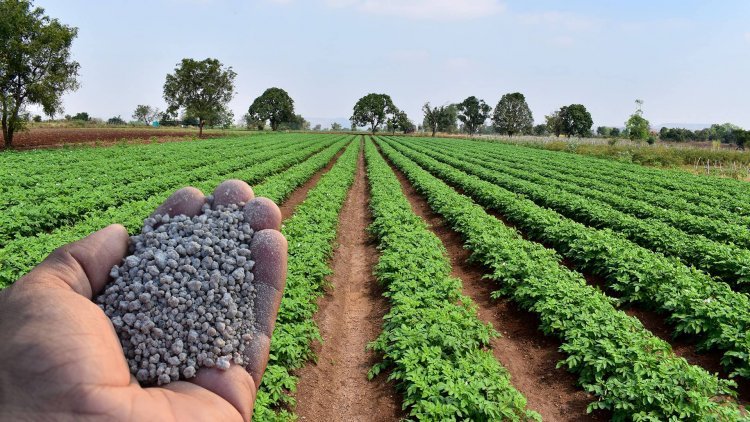- Courses
- GS Full Course 1 Year
- GS Full Course 2 Year
- GS Full Course 3 Year
- GS Full Course Till Selection
- Answer Alpha: Mains 2025 Mentorship
- MEP (Mains Enrichment Programme) Data, Facts
- Essay Target – 150+ Marks
- Online Program
- GS Recorded Course
- Polity
- Geography
- Economy
- Ancient, Medieval and Art & Culture AMAC
- Modern India, Post Independence & World History
- Environment
- Governance
- Science & Technology
- International Relations and Internal Security
- Disaster Management
- Ethics
- NCERT Current Affairs
- Indian Society and Social Issue
- NCERT- Science and Technology
- NCERT - Geography
- NCERT - Ancient History
- NCERT- World History
- NCERT Modern History
- CSAT
- 5 LAYERED ARJUNA Mentorship
- Public Administration Optional
- ABOUT US
- OUR TOPPERS
- TEST SERIES
- FREE STUDY MATERIAL
- VIDEOS
- CONTACT US
Centre Proposes New Excise Law, Ease Of Doing Business In Focus
Centre Proposes New Excise Law, Ease Of Doing Business In Focus
11-06-2024

The Central Board of Indirect Taxes & Customs has invited suggestions on the draft ‘Central Excise Bill, 2024’, which aims to enact a comprehensive modern central excise law with an emphasis on promoting ease of doing business and repealing old and redundant provisions.
The Draft Central Excise Bill, 2024:
- The CBIC has invited suggestions from stakeholders on the draft Central Excise Bill, 2024.
- The bill aims to replace the Central Excise Act of 1944 after its implementation.
- The main aim of this bill is to remove outdated and redundant provisions following the introduction of the Goods and Services Tax (GST).
- This Bill addresses the long-standing demand from industry players to align excise duty provisions with GST legislation.
About Central Board of Indirect Taxes and Customs (CBIC):
- The Central Board of Indirect Taxes and Customs (CBIC), formerly known as the Central Board of Excise and Customs, is an Indian government agency that administers indirect tax-related issues.
- It is a part of the Department of Revenue under the Ministry of Finance.
CBIC's Functions and Responsibilities:
- Formulates policies concerning the levy and collection of Customs, Central Excise duties, Central Goods & Services Tax (CGST), and Integrated Goods & Services Tax (IGST).
- Prevents smuggling and administers matters related to Customs, Central Excise, CGST, IGST, and Narcotics.
- Acts as the administrative authority for subordinate organizations like Custom Houses, Central Excise, and Central GST Commissionerates.
- Ensures the administration of taxes on foreign and inland travel as per the law.
- Collects customs duty at international airports, seaports, Custom Houses, international cargo stations, inland container depots, land customs stations, special economic zones, and container freight stations.
What is Excise Duty?
- Excise duty is a form of indirect tax levied on goods manufactured within the country.
- It is imposed on the production or sale of specific goods and is typically paid by the manufacturer or producer.
- The end consumer indirectly bears the burden of this tax through increased product prices.
- In India, excise duty was previously levied on a wide range of goods under the Central Excise Act, 1944, and Central Excise Tariff Act, 1985.
- However, with the introduction of the Goods and Services Tax (GST) in 2017, most excise duties were subsumed into GST.
Currently, excise duty is primarily applicable to a few specific goods, including:
- Petroleum products: Such as petrol, diesel, and kerosene.
- Alcohol and alcoholic beverages: Including spirits, beer, and wine.
- Tobacco products: Including cigarettes, cigars, and chewing tobacco.
Key points to note:
- Indirect tax: Excise duty is an indirect tax, meaning it is not directly paid by the consumer but is collected by the manufacturer and passed on to the consumer.
- Levied on domestic goods: It is imposed on goods manufactured within the country, distinguishing it from customs duty, which is levied on imported goods.
- Purpose: The revenue generated from excise duty is a significant source of income for the government and is used to fund various public services and development projects.
Must Check: Best IAS Coaching In Delhi



